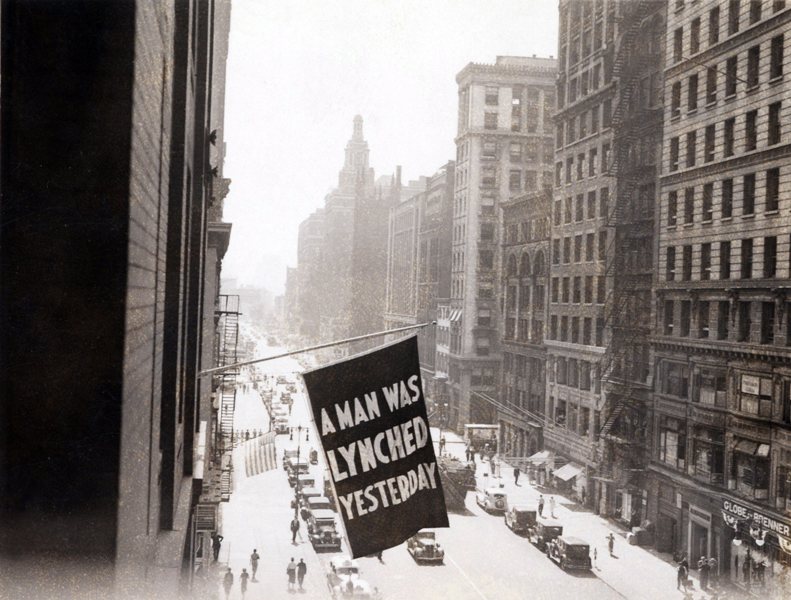In 1889, Keith Bowen, a black man, allegedly attempted to enter a room where three white women were sitting in Aberdeen, Mississippi. Although no allegations were made against the man he was taken from law officers and was lynched by a white mob on a public road.

The story of Bowen was one of almost 4,000 African Americans who were brutally killed across the southern United States, according to a report released Tuesday by the Equal Justice Initiative (EJI). The new report finds that “at least 700 more” were killed from the end of Reconstruction in 1877 to 1950.
“EJI has documented 3,959 lynchings of black people in twelve Southern states between the end of Reconstruction in 1877 and 1950, which is at least 700 more lynchings in these states than previously reported,” the report states.
The report includes a list of the nearly 4,000 victims of “terror lynchings” across the 12 most active lynching states in the States: Alabama, Arkansas, Florida, Georgia, Kentucky, Louisiana, Mississippi, North Carolina, South Carolina, Tennessee, Texas, and Virginia.
Bryan Stevenson, the founder and director of EJI, told The New York Times the report is meant to force people to think about the full scope of the country’s “vicious racial history.”
“Lynching and the terror era shaped the geography, politics, economics and social characteristics of being black in America during the 20th century,” Stevenson told The Times.
The report, titled Lynching in America: Confronting the Legacy of Racial Terror, took nearly five years to complete by EJI, a non-profit organisation based in Montgomery, Alabama.
The report equates the horrible crimes carried out against African Americans during this period with acts of terrorism, and that lynchings were a tool to “enforce racial subordination and segregation.”
Stevenson told the Times the organization plans to erect monuments and memorials in the South where the lynchings occurred, as a way of breaking the silence and starting a national conversation.





Comments